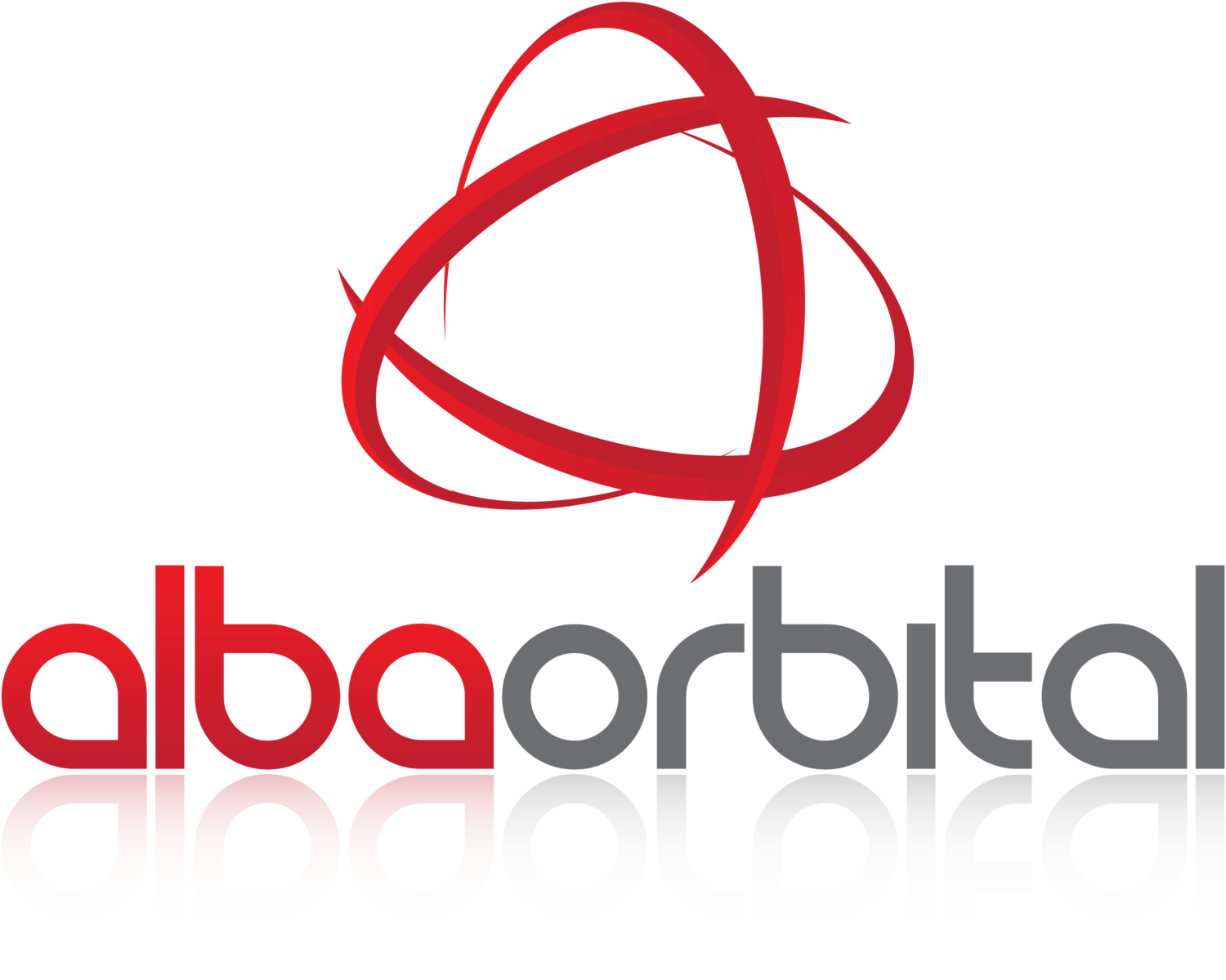As world leaders in PocketQube technology, start-up business Alba Orbital strived to establish commercial partnerships working closely together within its industry following its creation in 2012. Partnerships provide support in terms of resources, investment and future prospects. Hence, access to space is made easier with these helping hands on board of the spacecraft.
The European Space Agency (ESA)
Alba Orbital first partnered with the ESA to design its first ever PocketQube platform, Unicorn-1, for launch in 2018. ESA is an international organisation, comprising of 22 Member States, who support and invest in the exploration of space in Europe and further afield. Its visions lie in ensuring that space has a positive impact on the world itself. ESA saw potential in the company for many reasons, one of which being that space industry has skyrocketed in Scotland. Alba Orbital finds its headquarters in Glasgow - the European city that has created the most satellites in the past few years. PocketQubes are the smallest of satellites which equals low cost access to space. This was also of high interest by allowing more amateur companies a chance to set out missions. Of course there are limits which exist but Alba Orbital aim to push these limits.
History repeated itself when Alba Orbital won another contract with ESA, this time to design and develop the Unicorn-2 platform, an improved PocketQube platform from the first. ESA helped Alba Orbital via a funded project called Advanced Research in Telecommunications Systems (ARTES). This ongoing project considered Alba Orbital’s objectives in designing, developing and testing a 3p PocketQube with an integrated payload and a 96p PocketQube Orbital Deployer for several batch launches. It clearly evaluates the technical challenges that arise from this type of spacecraft whilst weighing up its key features, all of which helped to devise a timeline of important milestones for the company. As official online documentation clearly states that PocketQubes democratise access to space, this is thus a key player which justifies the reasons for funding Alba Orbital.
Some advancements have successfully been made throughout the journey of Unicorn-2. Alba Orbital has fully completed the Preliminary Design Review (PDR) including the Critical Design Review (CDR) for their project. Quality was assured at each stage thanks to ESA. This is important as it matches the company’s visions and values as well as minimising error and reducing waste during the design process.
Vector Launch Inc.
The next launch date of the Unicorn 2 satellite platform, Alba Cluster 1, is scheduled for late 2018 on Kodiak Island in Alaska. Alba Orbital teamed up with Vector, a nanosatellite launch company founded in America. Their aim is to launch the PocketQubes using Alba Orbital’s own deployer, the AlbaPOD. This is a Vector-R launch vehicle and a key illustration of how two start-ups can work together to remove barriers to space. It will the first orbital launch for both companies, an important event for their further advancements in space.
Deflt University of Technology (TU Deflt)
In order to fill any launch vehicle, a large number of satellites are required. The Vector-R will therefore simultaneously test launch two PocketQubes - the Defli-PQ and the Unicorn 2-A satellite - for Cluster 1. TU Deflt, the oldest and largest public technology university in the Netherlands, developed the Defli-PQ as a reorientation on space technology miniaturization. As there is a high risk involved with a test launch, it will be a great source of education for both parties no matter what the income is, thus ensuring that the final launch is conducted successfully.
G.A.U.S.S Srl
The Italian company GAUSS Srl also specialise in the development of small PocketQube satellites. In partnership with with Alba Orbital and TU Deflt, GAUSS Srl recently published the free PocketQube standard which ensures uniformity within the space community and establishes a stable foundation for development.
Alba Orbital’s perspective
Future partnerships are always being considered with existing space companies where one mission may cost up to one million pounds.





